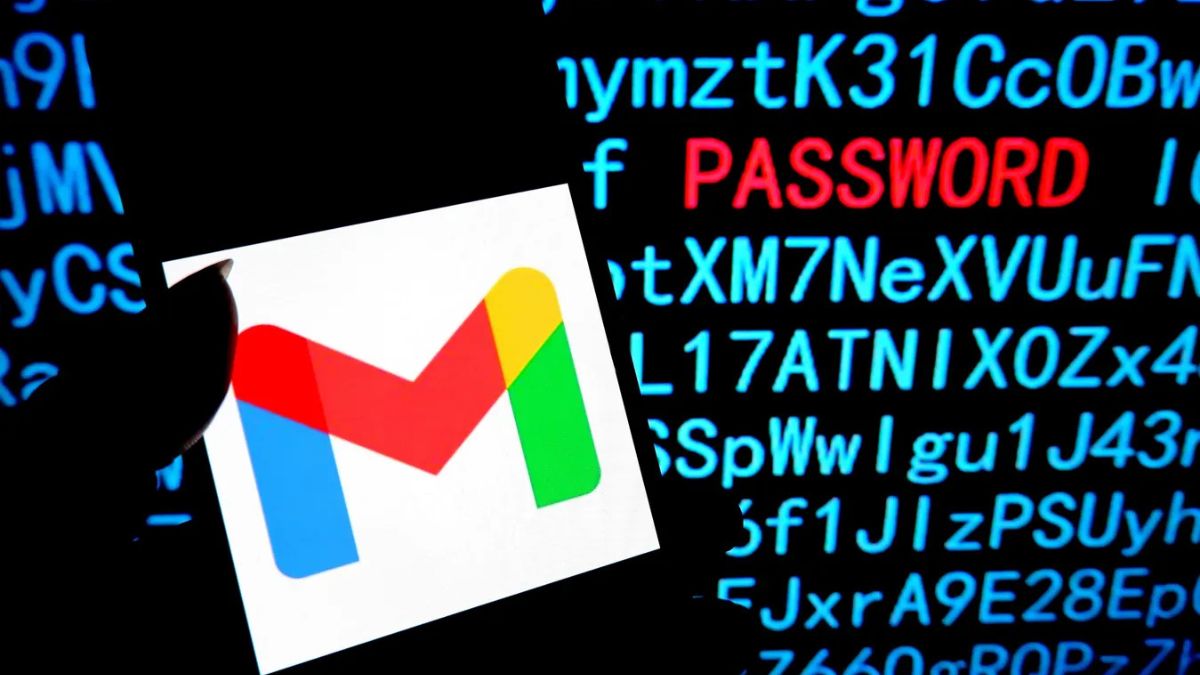The popular short video app TikTok is facing a potential ban. or forced sale in the United States by January 2025 due to national security concerns. A U.S. federal court recently rejected TikTok’s appeal against the law that mandates either a ban or sale.
TikTok, owned by ByteDance, argued that the law was unconstitutional. However, the court upheld the legislation, stating that it was the result of a long-standing bipartisan effort by Congress and various U.S. administrations to address national security risks.
Will 2025 Mark the End of TikTok?
According to the law, the deadline for banning or selling TikTok has been set at the beginning of 2025. Although Trump’s first attempt to ban TikTok failed in 2020, he said during his recent election campaign that he would not allow the ban to take effect.
Meanwhile, TikTok said after the ruling that they will fight the case in the US Supreme Court. TikTok said that their legal battle is not over.
A TikTok spokesperson said in a statement, “The Supreme Court has an established historical record of protecting Americans’ right to free speech, and we expect it to do just that on this important constitutional issue.” They added that the law was based on “inaccurate, flawed, and speculative information.” The US has cited TikTok’s links to the Chinese government as the reason for its ban. TikTok and its parent company, ByteDance, have repeatedly denied the allegations.
TikTok sued in May, claiming the law violated the free speech rights of its more than 170 million American users and unfairly isolated the platform. The court joined the case with a group of TikTok creators. In a hearing in September, U.S. government lawyers argued that TikTok’s algorithm is controlled by its Chinese parent company and could affect American users.
In their ruling, three judges on the District of Columbia Circuit said that TikTok’s American users “can freely form and share opinions,” but that the platform’s global reach and ties to China have led Congress and several presidents to conclude that it is essential for national security to free it from Chinese control.
Court Endorses National Security Measures Over Free Speech
The court ruled on Friday that lawmakers acted within their constitutional rights and properly enacted the law to address the national security concerns surrounding TikTok. The judges said the law “only” addresses TikTok’s China-related concerns, and is not intended to ban or control any specific content.
According to the judges, “the people of the United States will be free to read or share Chinese propaganda (or any other type of content) on TikTok or other platforms.” The law aims to prevent the Chinese government from secretly controlling content through TikTok. Thus, the government’s action was seen as consistent with the First Amendment.
In dismissing TikTok’s objection, the court emphasized the US government’s national security concerns, saying that TikTok denied collecting its data, but failed to show sufficient evidence.
A key issue in the case was a proposed agreement with US national security officials, which TikTok claimed would eliminate the risk of espionage. During the case, TikTok alleged that the US government abruptly cut off communication after months of negotiations and acted in bad faith to finally pass the law. But government lawyers argued that the draft agreement did not sufficiently address security concerns.




